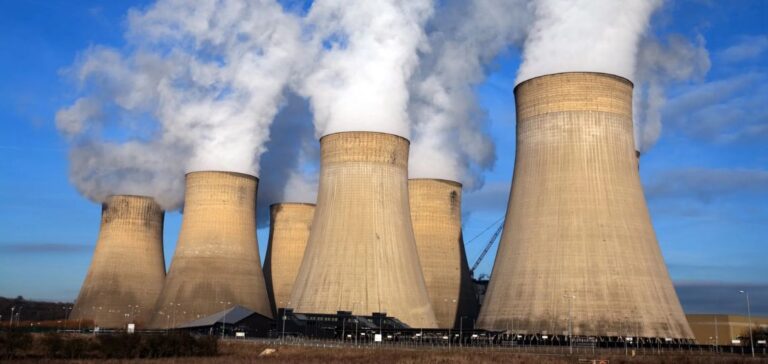Luxembourg-based investment company Trident Investment has created Triton, a fund focusing on investments in the complete nuclear fuel cycle. This initiative aims to attract institutional and large private investors interested in nuclear energy. Triton, advised by PFYN Capital, a Swiss-based asset management company, is exploring opportunities in areas ranging from mining to access to enrichment and conversion facilities.
Operation details and objectives
Patrick Franz, Managing Director of PFYN Capital, points out that the fund could invest in a variety of sectors, including uranium mines and enrichment facilities. One of the possibilities mentioned also includes the construction of modular reactors and large nuclear power plants under public-private partnerships. PFYN Capital, which has already begun talks with players in the nuclear fuel industry, is aware of the needs of existing companies and investment gaps.
Financial performance and future commitments
Physical uranium is considered one of the most accessible elements in the nuclear fuel cycle, according to Franz. Triton has already received commitments from investors and plans to strengthen its portfolio by developing partnerships with uranium producers and new mine developers.
Franz also discussed opportunities for the fund to take private equity positions or provide debt financing in uranium enrichment and conversion projects, where market entry can be difficult but potentially lucrative for newcomers with proven technology. PFYN plans to get involved in supporting public-private partnerships to deploy small reactors, as well as investing in green bonds to support nuclear projects.






















